A Beginners Guide To Meditation
In today’s fast-paced world, where overstimulation and constant connectivity have become the norm, meditation offers a path back to stillness and presence. Whether you’re overwhelmed by daily stressors or seeking greater emotional balance, this ancient yet accessible practice can be life-changing. This beginner-friendly guide draws on the wisdom and research-backed insights of modern thinkers and wellness leaders including Jay Shetty, Dan Harris, Andrew Huberman, Tara Swart, and others. It’s designed to help you start meditating with confidence—even if you’ve never tried it before or don’t think you’re ‘good at it.’
What is Meditation?
Meditation is the practice of training your attention and awareness. It’s not about becoming someone else or reaching a transcendent state. It’s about being more deeply present with yourself, your breath, your surroundings, and your thoughts—without judgment. At its core, meditation helps you pause, observe, and re-center. It teaches you to respond to life rather than react to it. “You can’t stop the waves, but you can learn to surf.” – Jon Kabat-Zinn
Why Meditate? (According to Science)
Science has increasingly validated what ancient traditions have long known: meditation changes the brain and improves quality of life. Here’s what some of today’s most respected voices in health and wellness have to say:
- Tara Swart (neuroscientist and author of *The Source*) emphasizes how meditation enhances neuroplasticity, increases emotional resilience, and rewires the brain toward more productive thought patterns. - Andrew Huberman (neuroscientist at Stanford) explains that meditation regulates the autonomic nervous system, reducing cortisol (stress hormone) levels and improving dopamine regulation. - Dan Harris (author of *10% Happier*) found that just 5–10 minutes of meditation per day helped him significantly reduce anxiety and increase clarity. - Jay Shetty (author and former monk) teaches that meditation aligns you with your deeper purpose and values, combining ancient wisdom with modern practicality.
How to Start (Even If You Think You're Bad at It)
Many beginners feel they aren’t 'doing it right'—but meditation isn’t about performance, it’s about presence. Here’s a simple guide to help you get started:
1. Find a quiet spot where you won’t be disturbed. 2. Sit comfortably—on a chair, cushion, or floor. 3. Set a timer for 5 minutes (you can use your phone or apps like Insight Timer or Calm). 4. Close your eyes and focus on your breath. Inhale slowly… exhale fully. 5. When your mind wanders (and it will), gently return your focus to the breath. 6. When the timer goes off, slowly open your eyes and notice how you feel. Meditation is like going to the gym for your mind—the reps count even when it feels difficult.
Choose Your Style
There are many forms of meditation. Choose what feels right for you:
- Mindfulness: Focus on your breath or body sensations. Great for reducing stress. - Loving-Kindness (Metta): Repeat phrases like “May I be happy, may I be safe…” to build compassion. - Visualization: Imagine positive outcomes or your ideal day to boost motivation. - Walking Meditation: Move slowly and mindfully—perfect for busy minds or restless energy.
Brain Hack (From Tara Swart)
Right after meditation, take a moment to write down one thing you’re grateful for or visualize a goal you’re working towards. This primes your brain’s reticular activating system (RAS) to focus on opportunities that align with your desired outcomes.
Tips for Staying Consistent
- Anchor your meditation to an existing habit (e.g., after brushing your teeth). - Keep it short—5 minutes is enough to build consistency. - Use a journal or app to track your progress. - Don’t judge the quality of each session. Showing up is the win.
Suggested Reading & Resources
- *Think Like a Monk* by Jay Shetty - *10% Happier* by Dan Harris - *The Source* by Dr. Tara Swart - Huberman Lab Podcast (especially episodes on meditation, focus, and dopamine) - Apps: Insight Timer, Headspace, Calm - Book: *Wherever You Go, There You Are* by Jon Kabat-Zinn
Final Thoughts
Meditation is not about becoming a different person. It’s about becoming more *you*. With regular practice, you’ll begin to feel more present, grounded, and clear-headed. Whether you're managing stress, improving focus, or simply seeking a few minutes of peace, meditation meets you where you are. “The greatest freedom is how you react to things.” – Tara Swart
This post is for informational purposes only and does not replace medical advice.
